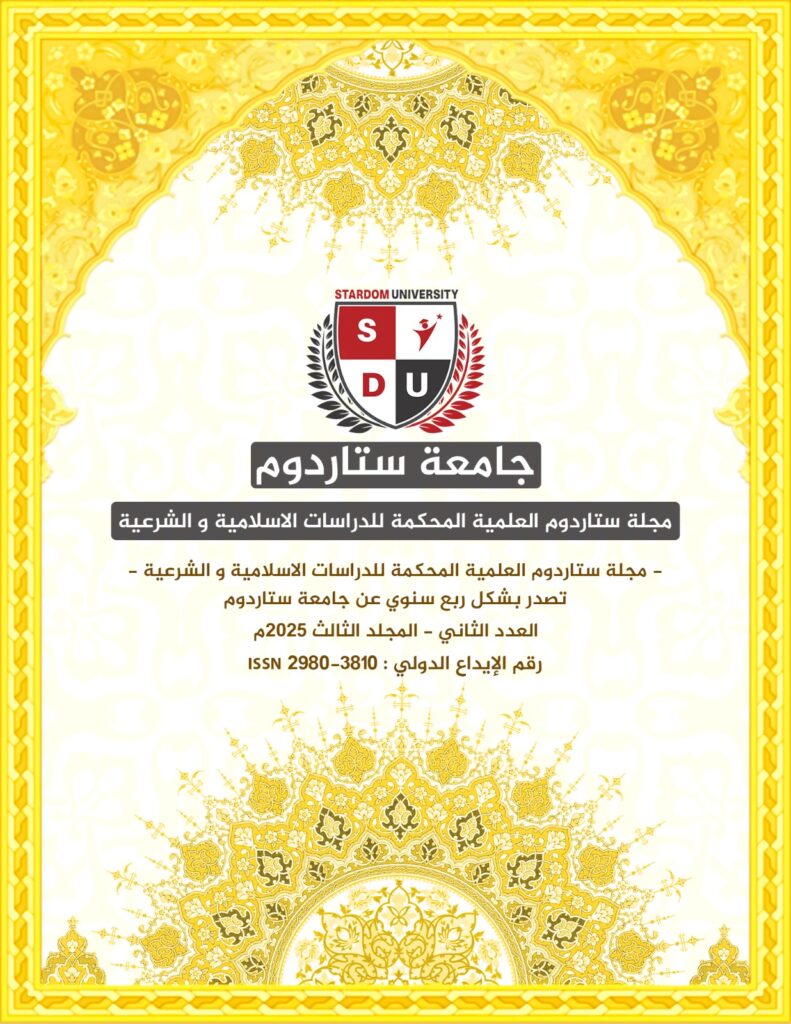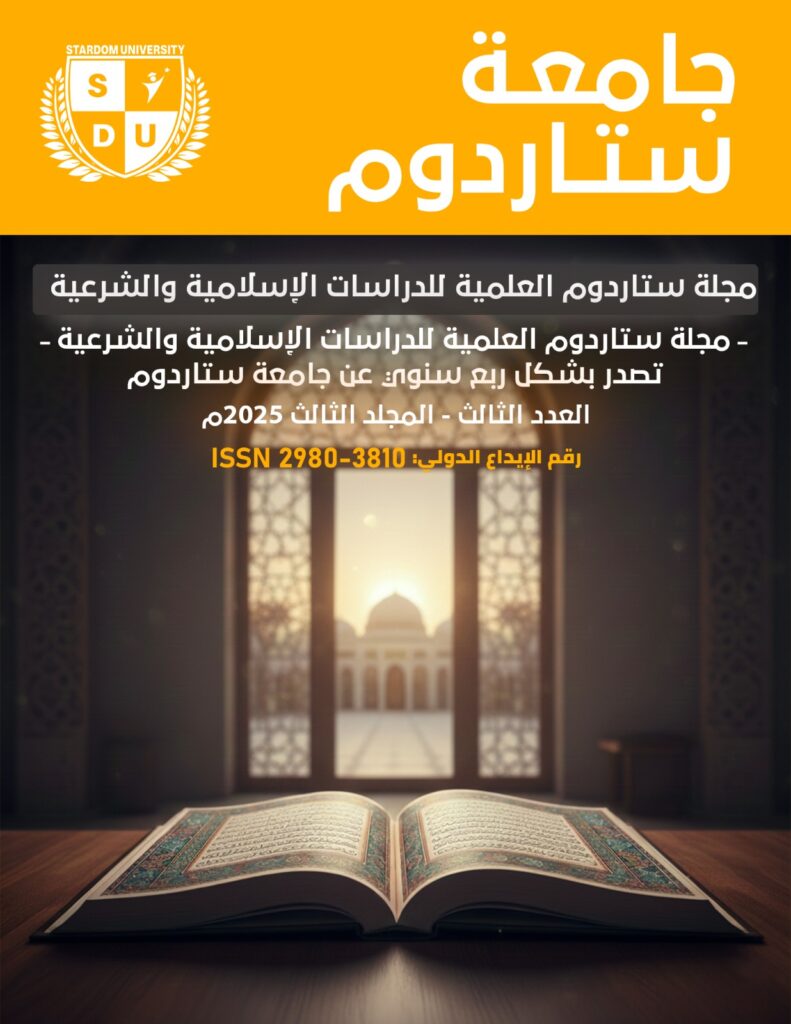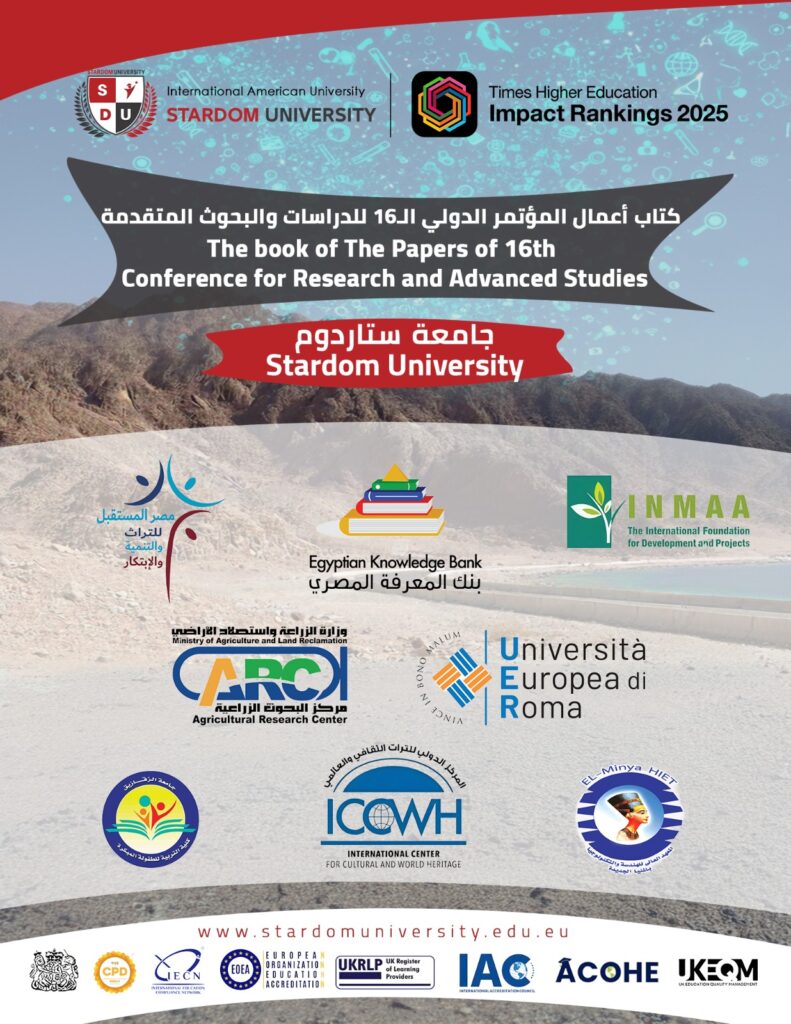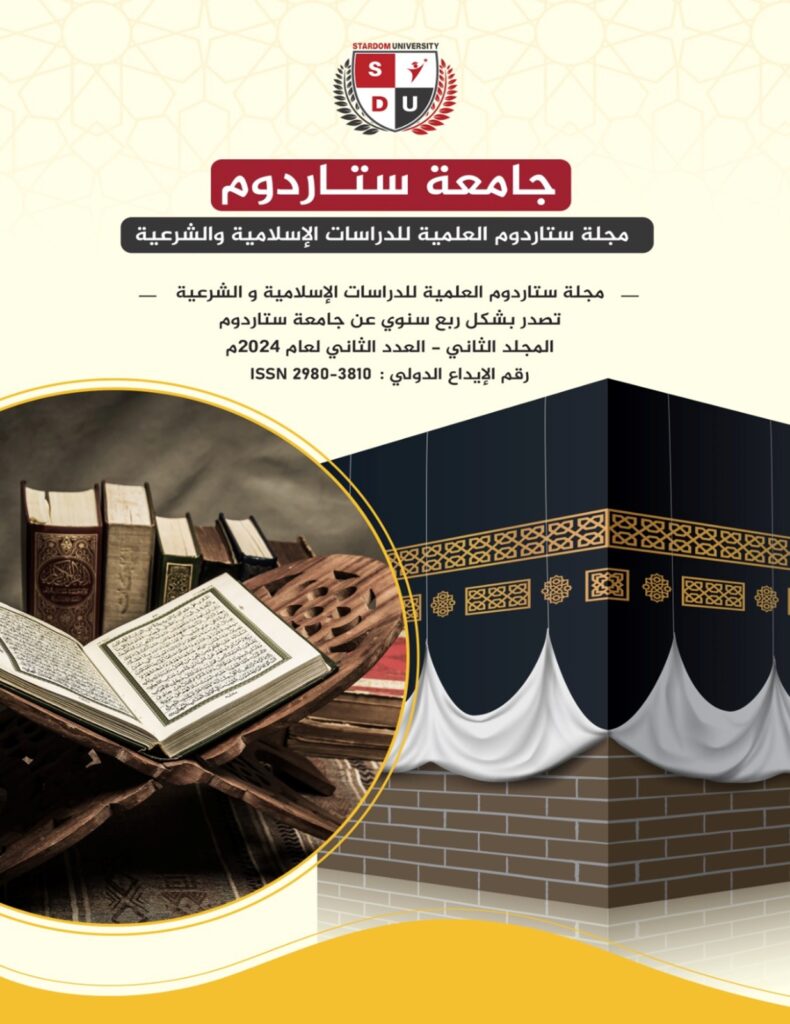- Stradom Journal
This study represents a pause with the verses of the Holy Qur’an to clarify the rulings of religion, regarding the relationship of Muslims with others within society or the same country. These texts came calling on Muslims to coexist with others, including Jews, Christians, disbelievers and others, under a wise rule that calls for preserving the rights of all individuals without discrimination to religion, land, race or tribe. This coexistence must be based on principles, in which individuals get all their rights of freedom, justice, equality and equal citizenship in rights and duties. There must be controls that determine the area guaranteed for these rights, so that chaos does not prevail and fires of war do not ignite between members of the societies. This also comes as a statement of what was the case in the life of the Prophet (God’s peace and prayers be upon him), in his call to all people. He lived with the disbelievers and others in Mecca and Medina and addressed everyone, and established treaties, dialogue, peace and agreements with them and that guaranteed common interests and peace for everyone despite the differences in religion and land.
Among the most important results:
The Holy Qur’an mentioned general principles of justice, equality, freedom, dialogue -and others.
These principles represent a basis and broad outlines for coexistence in the
societies.
Among the most important results:
,The Holy Qur’an mentioned general principles of justice, equality, freedom, dialogue -and others These principles represent a basis and broad outlines for coexistence in the societies.
- The diversity of the Holy Quran’s discourse with the People of the Book and the polytheists is a call to coexist with them
- Defining principles and controls for coexistence to preserve the features of religion and preserve rights





